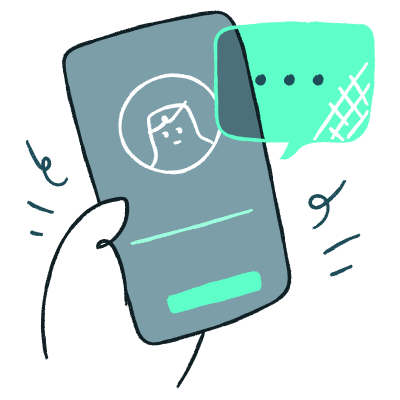This article was written by Braden MacDonald, CTO of OpenCraft & Nimisha Asthagiri, Chief Architect at edX
Announcement
As part of edX’s ongoing commitment to empower the Open edX community, the Core Committers Program was created last year to share development responsibilities across major Open edX providers & institutions. Based on the success of the first phase, we are now preparing to expand the program, and we are excited to announce that all the organizations involved with the program have signed a formal declaration of commitment to the program.
Participating organizations will be allocating significant resources to the program for the next two years, in a bid to further accelerate the development of the project, empower many organizations to collaborate better, and contribute more development time to the project.
To tell us more about these changes, here are some thoughts from Nimisha Asthagiri, Chief Architect & Engineering Director at edX, and Braden MacDonald, a core committer and the CTO of OpenCraft.
Remind me, what is the Core Committers Program?
Nimisha: The Core Committers program is a cross-organizational framework for distributing rights and establishing responsibilities in our Open edX ecosystem. We believe it will increase trust, alignment, and engagement in the community, while enabling
- innovative collaboration across the global landscape
- accelerated advancement of our platform
- increased capacity to maintain and propagate our efforts.
We launched a pilot of this program in June 2020 with 9 technical Core Committers. We plan to expand the program by an order of magnitude; this time, also inviting non-technical contributors who are critical to the success of our platform. We look to invite core committers who have demonstrated:
- commitment – continued dedication to the platform
- conduct – good judgment in their behavior and decisions
- caliber – high standards and quality in their work.
Braden: The Core Committers Program gives additional rights and responsibilities to some people from the Open edX community (who don’t work at edX). In particular, it gives us the right to review and accept contributions to Open edX (e.g. new features, bug fixes, documentation improvements, etc.) as opposed to waiting for a developer who works at edX to do that review. At the same time, we are responsible for being good stewards of the platform, which means that we need to ensure that we only accept high-quality contributions that are in line with the platform goals, that we help with the technical upkeep of the platform, and that we foster a successful developer community. There’s more to it than that, and you can read about it on the program page.
At the moment there are nine core committers from the community, although more people will participate in the future.
What is the “formal declaration of commitment”? Is it important?
Braden: The declaration of commitment is a new promise from the organizations and institutions involved in the core committers program. It’s not from the core committers themselves, but from the leaders of their respective companies. What it means is that the leaders of these organizations see the value of the program and consider it a priority – and more importantly, they will ensure that the core committers will have the time and resources needed to participate effectively. This type of work is important for the long term health and growth of the project, but can often take a back seat to more short-term priorities. We know that everyone has a lot of demands on their time, so this kind of support from the top really empowers the core committers to make their involvement a priority. I want to say kudos to the leaders for that initiative.
It shows how much trust there is in the long term goals of the project, as well as a real desire to work together to bring the project to its full potential. This is one of the huge advantages open source has over proprietary software. In other industries, open source projects like Wikipedia, OpenStreetMap or Linux have been able to out-compete very large and wealthy corporations, by doing what proprietary software projects can’t do: aggregate the contributions of many organizations, and working together as a community. I’m excited to see where this could bring the Open edX platform!
It’s worth reading the whole document: Declaration of Commitment to the Core Committer Program
Nimisha: “Faster alone, farther together.” I am thrilled to see the dedication and resources that each organization has pledged to the success of the program and our platform! This shared commitment, in March 2021, by leaders of each organization is another significant milestone that symbolizes our trust in the combined strength of our alliance.
Each participating organization has sincerely measured their own posture and committed their best to the greater good of the community. Some have promised to steward ownership of key platform capabilities, such as internationalization and platform releases. Another has promised to provide timely responses to requests from the community. Many organizational leaders were able to pledge time (20 hours) per month per core committer in their company. I expect this signed commitment will be effective in empowering core committers to have the latitude they need to contribute to the wider community.
What are some things that core committers have been doing so far?
Nimisha: I have been delighted to see core committers moving forward many of the items listed in our architecture roadmap. For example:
- Omar from Appsembler leads a community effort to create developer onboarding courses for the Open edX platform:
- Zia leads a development effort at Edly to build standards-based real-time learning events: xAPI/Caliper support.
- Felipe and EduNext invested time to support deployment of micro-frontends for the Open edX community. In addition, they are leading the design and development of critical API frameworks (Django eventing and Python APIs) that will enable sustainable extensions to the monolith.
- Peter from MIT instigated the effort to establish PR standards for the monolith.
- Regis has been working to understand and develop enhancements to his Tutor application so it can be used as a standard for Open edX’s deployment and possibly local development.
Besides what had been called out in the roadmap:
- Igor has been assessing the platform’s Proctoring capabilities and designing paths to advance it forward.
- Finally, it’s been gratifying to see many core committers, including OpenCraft’s Braden, Jill, and Usman sharing the responsibility of reviewing community pull requests and responding to Discourse posts to mentor new developers and support the momentum of contributions.
Braden: Together, in only a few months core committers have helped to review and merge 60+ contributions to the platform, answered tons of questions on the forums, participated in architecture discussions, improved documentation, and reduced technical debt. A few of the things that stood out to me personally: Usman Khalid (also at OpenCraft) has been doing great work on improving Blockstore and moving it into the core platform. Peter Pinch (MIT) led an initiative to use a consistent template for pull requests, which I’ve been really glad to see. Felipe Montoya (eduNEXT) is working to formalize an exciting proposal for “hooks” that would make plugins more powerful.
What has the program meant for edX?
Nimisha: edX’s recent investment in launching and supporting the expansion of the Core Committer program demonstrates our renewed commitment to the Open edX community. edX’s executive team and board of directors are supportive of the program and our strategic goal to accelerate advancements to our platform with shared rights and responsibilities with the wider community.
Within edX, we embark on a “galileic” shift in mindset from edX-centric development to edX being an empowering member and investor of the Open edX community. To make this happen, it will take deliberate planning and technical, process, and organizational changes. While we relied on eager and determined “edX Champions” to support Core Committers in the early phases of the program, we will need support beyond the initial fanbase as we expand and scale.
Overall, edX is encouraged by the initial successes of the program, including the impactful contributions by the core committers and the resolved commitment from our dedicated Open edX providers.
What has the program meant for the community?
Braden: It has certainly made it easier and faster for us to contribute new features and fixes into the Open edX platform, which was the primary goal we at OpenCraft had at the outset. So that’s something we’re really happy about. And from my own experience as well as hearing from the other core committers during our review of the first phase, I can say that it’s given us a stronger sense of responsibility toward the platform. You just have a different perspective when you’re responsible for making a decision (like approving a contribution) than when someone else is doing that. It’s made us more motivated and empowered to think about how we can make the platform the best it can be, in the short term and the long term. For me personally, it has also motivated me to be more active on the official forums, answering questions.
What’s coming next for the core committers program in subsequent phases?
Nimisha: Kudos to the initial troupe of the Core Committer pilot (Phase 1) for being pioneers in the program and modeling their technical stewardship with predetermined goals.
In our mid-November kickoff of Phase 2 (co-establishing the program), we focused on:
- review – core committers peer reviewed each other’s phase 1 outcomes, with candid and respectful feedback
- retro – we reflected on what we liked, learned, lacked, and longed for, in the phase 1 of the program.
- rules – we ideated on the future of the program, including what outcomes to expect of core committers, how to improve moving forward, and criteria on who to invite in the future.
For more information, Xavier has published an excellent summary of the event, with additional notes available on the wiki.
Currently, we are executing action items that we agreed upon at the winter event. Our recent successes include:
- establishing Github projects for publishing and tracking community efforts
- standardizing pull request templates and commit messages
- publishing a collective declaration of commitment from organization leaders (as mentioned above).
Forthcoming, the following in-progress action items will have a profound impact on scaling the program as it grows:
- creating and maintaining a leaderboard to recognize and motivate contributions
- inviting non-technical contributors to the program
- expanding the number of repositories and core committers in the program
- including core committers in technical decisions
With the powerful engine of an empowering core committer program, I look forward to us collaboratively building a globally impactful education platform – leveraging the innovative, fortuitous, and aligned efforts of our community technologists, designers, researchers, entrepreneurs, and others.
Photo by Alina Grubnyak on Unsplash



